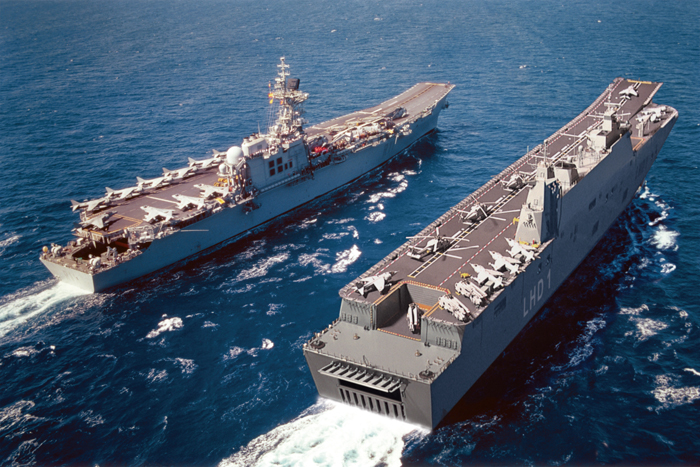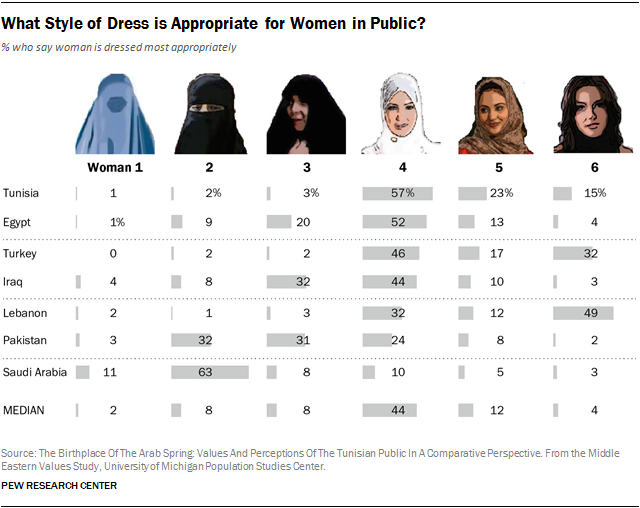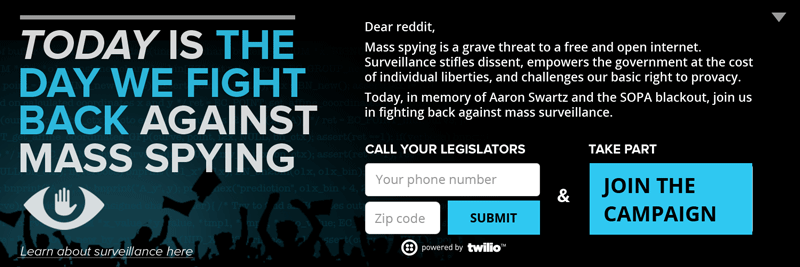Jonah Goldberg makes a good point about what the media chooses to focus their attention on, and how it can downplay or amplify the actual importance of a given issue:
You have to wonder how some of the folks in the media can look at themselves in the mirror. The three network news shows have devoted orders of magnitude more coverage to a story about closed lanes on the George Washington Bridge than they have to the IRS scandal. I know this is not a new insight, but WHAT THE HELL!?
The sheer passion the New York Times-MSNBC mob is bringing to a partial road closure is a wonder to behold. What about the children! The chiiiiillllldrennnn!!!!!
But using the IRS to harass political opponents — one of the charges in the articles of impeachment for Richard Nixon — well, that’s complicated. The president didn’t know. The government is so vast. I had a flat tire! A flood! Locusts! It wasn’t his fault! Besides Chris Christie joked about putting down the cones himself! The cones, man! The cones!
But forget about the IRS scandal. Obama’s whole shtick is to pretend that he’s above politics while being rankly political about everything, including his stated desire to “punish our enemies.” By comparison, Chris Christie looks like Diogenes and Cincinnatus rolled into one. From inauguration day forward, this whole crew has behaved like Chicago goons dressed in Olympian garb, and the press has fallen for it.
We don’t need to recycle the whole sordid history of the sequester and the shutdown to remember that this White House sincerely, deliberately, and with malice aforethought sought to make things as painful as possible for millions of Americans. Traffic cones on the George Washington Bridge are a stain on the honor of New Jersey. (Stop laughing!) But deliberately pulling air-traffic controllers to screw with millions of people is just fine? Shafting World War II vets and vacationing families at National Parks is something only crazy right-wingers on Twitter would have a problem with? And keep in mind, it is at least plausible Christie didn’t know what his staff was doing. It is entirely implausible that the president didn’t know about the WWII memorial closure, after the news appeared in the president’s daily briefing (a.k.a. the New York Times).
I’d say I just don’t get it, but I do get it. For the mainstream media, skepticism comes naturally when a Republican is in the crosshairs. It comes reluctantly, slowly, and painfully — if at all — when it’s a Democrat.
The press would be much more useful to the country if it was equally critical of politicians regardless of party affiliation, rather than acting as a propaganda arm for one side. In Canada, replace “Chris Christie” with “Rob Ford” and the story is pretty much the same … everything Ford does goes under the microscope to detect evil intent, wrongdoing, malice, and (blatantly hoped-for) criminality. Other politicians, both on city council and at the provincial level, get so much benefit of the doubt that the press sometimes acts as unpaid PR staff.
Update: David Friedman points out the only evidence in Christie’s favour and does a bit of quick math to point out the costs imposed on New Jersey commuters by this little flexing of the arm of power:
There is only one piece of evidence that I can see in Christie’s favor—the fact that he would have had to be terminally stupid to think he could get away with it.
Of course, that leaves the conclusion that the two people known to be responsible, a high up Christie aid whom he has just fired and the Port Authority official actually responsible for closing down the lanes who has now resigned, both close to Christie, were terminally stupid as well as criminally irresponsible. […]
One other point is suggested by the story, not about Christie but about the Port Authority and government actors more generally. Average weekday traffic volume eastbound on the bridge, found with a little googling, is a bit over 150,000 vehicles. Assume a third of them got delayed by the traffic jam for an hour each. Assume their occupants value their time at ten dollars an hour. Assume one person per vehicle. On those very conservative assumptions, a single Port Authority official, acting in effect on a whim, imposed a cost of two million dollars on New York commuters and it took four days for anyone else in the organization to notice and do something about it. More generous assumptions could easily push the number up to five or ten million.






